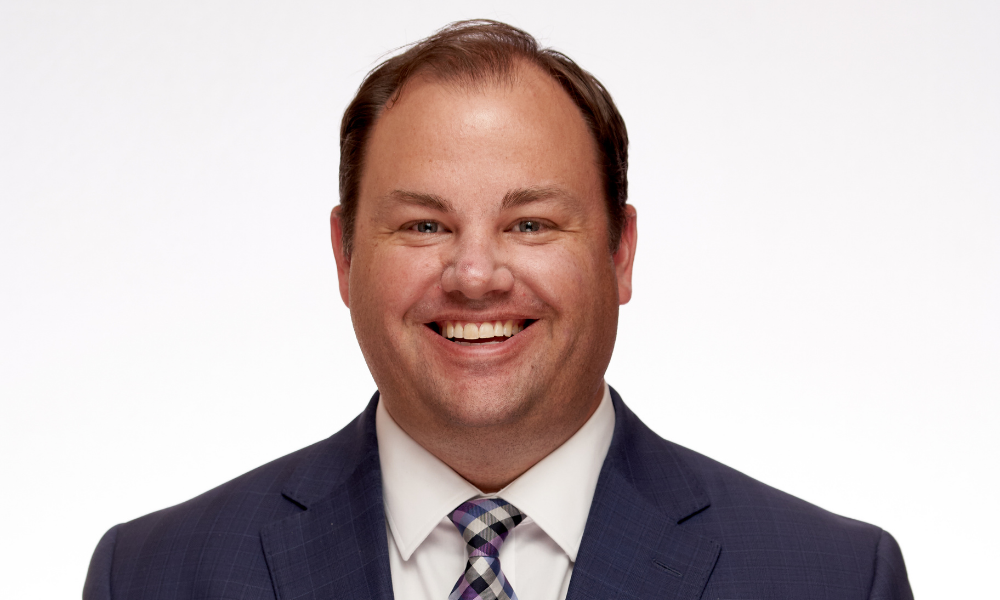Women are less confident than men, but everyone is concerned about inflation and housing costs, says IG's head of strategy

Canadians’ confidence may still be shaky, but it is better than it was last year, during the heart of the pandemic, says IG Wealth Management’s latest 2021 financial confidence index. But, while Albertans’ confidence has increased this year, women’s lags behind men’s, and everyone is still apprehensive about where the country may be heading in 2022.
“We’ve been running this survey annually for multiple years, but decided to do it semi-annually to monitor what’s happening in the economy and our communities across the country, so we can check the pulse of what’s happened over the pandemic,” Brent Allen, IG’s Head of Strategy and Business Operations, told Wealth Professional.
“We’re getting more understanding of what it means to be living, working, and growing our businesses in a pandemic. I think confidence is improving because we know what the playbook is for now, though it’s frustrating to have the new variant. But, unlike two years ago, we know how to respond much more appropriately to some of these issues that are coming up versus having to figure out how to do it for the first time, like we were in 2020.”
While Ipsos Canada did the online survey with 2,600 respondents from across Canada in early October, Allen said it showed a “tempered optimism”, even though only 60% of respondents – up from 47% mid-year – felt good about the economic conditions in their communities.
They were even more pessimistic about next year. Only 25% felt confident the Canadian economy would improve in 2022, only 14% believed inflation would abate, and only 12% thought housing affordability would improve.
While Alberta – and B.C.’s – confidence had increased 5 points since the spring, primarily because of higher oil prices, only 54% of women felt financially confident versus 59% of men. Allen noted women were disproportionately impacted by the pandemic, especially when they had to care for elderly family members of stay home to home-school children.
So, what can advisors do with this data?
“From an advisor’s perspective, working with clients,” said Allen, “it’s making sure that people are confident in their financial situations for the things that they can control.”
That may mean ensuring that clients are saving what they can or reallocating their investments.
“Advisors really want to make sure they stress test their financial plans because they can model what the higher inflation rates look like and what the impact will be on their clients’ long-term goals, or what a higher mortgage interest rate looks like for a family and how that will impact its cash flow,” he said. “They can look at what decisions they need to make today to ensure that their clients don’t have to worry about that when the time comes, since, based on the results we found, we could see that inflation and housing prices were certainly top of mind.”
What is IG doing with this information?
Allen said it’s ensuring it educates its advisors so they can speak confidently to Canadians about inflation and how to deal with it in order to increase clients’ financial confidence.
“I would expect that, as we have our review meetings with our clients across the country over the next three to six months, one of the agenda topics will be talking about what inflation means to them and their families, especially since I would say it is beyond transitory at this point. So, they’d want to look at what their response is to it as well as what it means for their portfolios.
“Generally, we would say, keep a diversified portfolio that includes equity exposure to the stock market,” he said, “and make sure that you take care of yourself and your family with the right emergency fund. That’s different for everybody. But, if you still have an investment timeframe of five, ten, 20 years, you want to be thinking about what long-term mix you will need, and a diversified portfolio is one that will pay off versus trying to time the market.
“So, advisors can work with their clients to see what the impact will be because it may not be as material as they think.”



